
President 1: "Do not ask what your country can do for you, ask what you can do for your country!"
President 2: "Change will not come if we wait for some other person or some other time. We are the ones that we've been waiting for. We are the change that we seek."
President 3: "But there are advantages to being elected President. The day after I was elected, I had my high school grades classified Top Secret."
President 4: "Be sincere; be brief; be seated."
Rhetoric is an art of communication that can trace its roots back to the ancient Greek province, Sicily, where the very first idea of political democracy was coined. The word "democracy" is derived from old Greek; demos meaning the people and kratein meaning to rule. If you look at how the word is defined Democracy on Merriam-Webster, you'll see that freedom, elections and common people are core principles. This demands participation and accordingly elections were held and the citizens had to convince voters by public speaking. Thus it became a primary political skill to be a good speaker and the concept of rhetoric was initiated to develop effective public speaking.

So - the American presidents quoted above follow an ancient tradition in many respects. Clearly democracy is a core value in the American political system. Due to their past experience from Europe, the Founding Fathers feared, more than anything, tyrants and despotic aristocrats and kingship. To be elected President in the USA you had and currently have to speak up for your interests. There is no way to avoid the subject of rhetoric.
What do you think makes a good speaker? If you look at the quotes above, there is no doubt that they are good. The mere fact that they have survived to this day, confirms this of course, but what makes them good?
Rhetorical Analysis
Choose one of the quotes above and make a brief rhetorical analysis to see how the speaker wraps up his message. What devices are used; does the speaker implement:
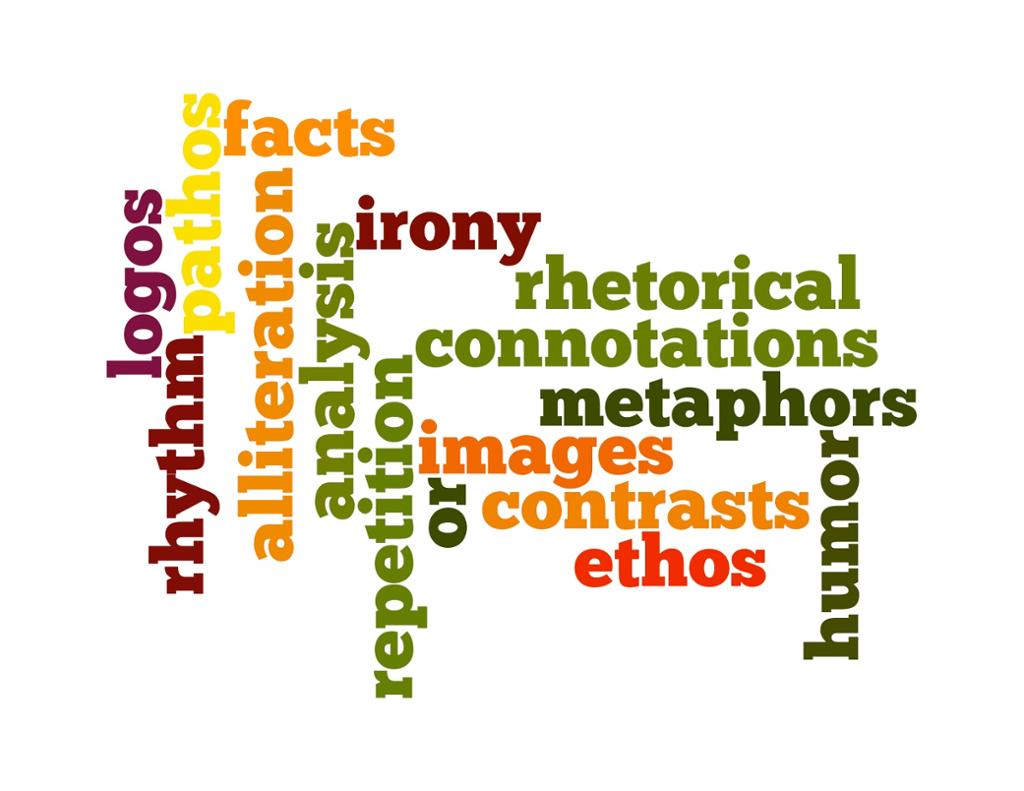
- irony?
- humor?
- repetition?
- connotations?
- rhythm?
- contrasts?
- metaphors or images?
- alliteration?
- facts?
Discussion
Study the four quotes and discuss what gives them the three core rheorical elements, pathos (appeal based on passion), logos (appeal based on logic and facts) and ethos (appeal based on the credibility of the speaker)?
Find Out
Use the following website Presidential quotes and look up information in an encyclopedia online.
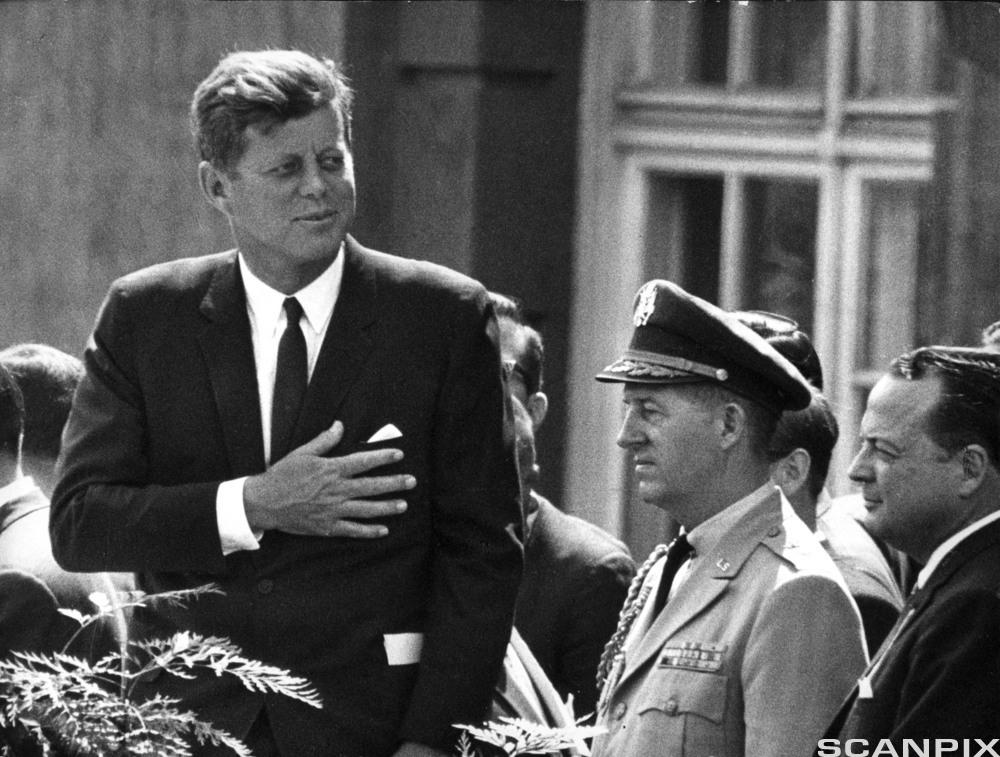
Quote no. 1"Do not ask what your country can do for you, ask what you can do for your country!"
This picture is taken in Berlin where this president solemnly declared: "Ich bin ein Berliner." Quote no. 1 belongs to this president. Who is it? Find out the occasion when he encouraged his people to stand up for their country. What effect does the pronoun "you" have in this quote?
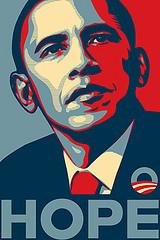
Quote no. 2 "Change will not come if we wait for some other person or some other time. We are the ones that we've been waiting for. We are the change that we seek."
This quote belongs to this president (see picture). Find out about the occasion behind these words. Focus on the words "change" and "hope". What kind of emotions do they stir (pathos)? Why were these words so effective?
Quote no. 3 "But there are advantages to being elected President. The day after I was elected, I had my high school grades classified Top Secret."
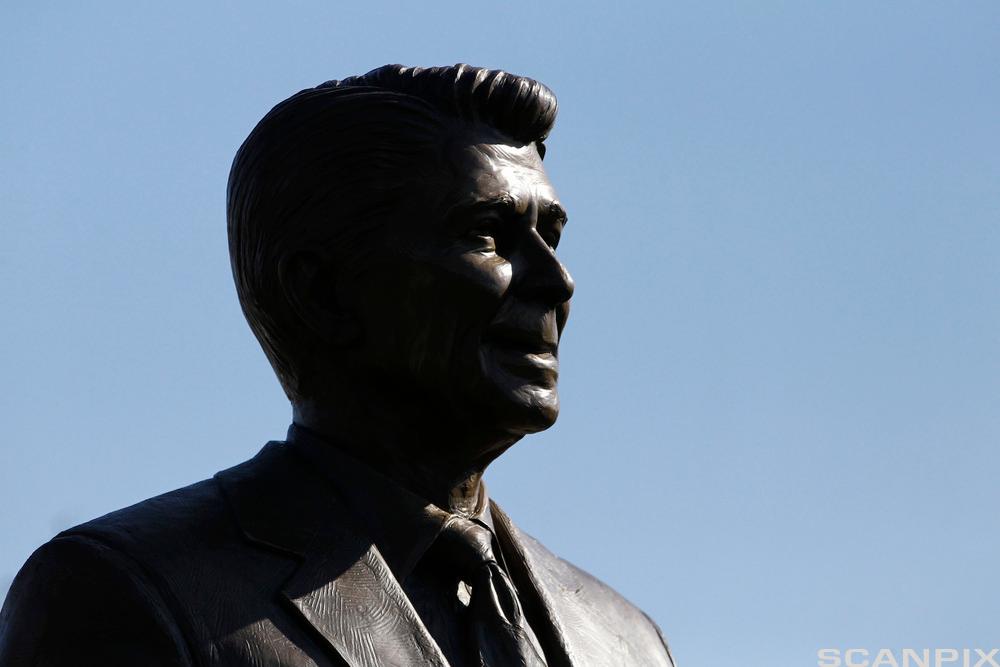
Look at the picture. This is a memorial statue that was raised to commemorate this president's 100th anniverary. In contrast to the other presidents listed here, this president was Republican and he was the only president to this date that could look back upon a career as an actor before he took office in 1981. Find out who it is. If you study the quote, why are we so charmed by this? What does he appeal to? Do you think his former career was a pre for him as a public speaker?
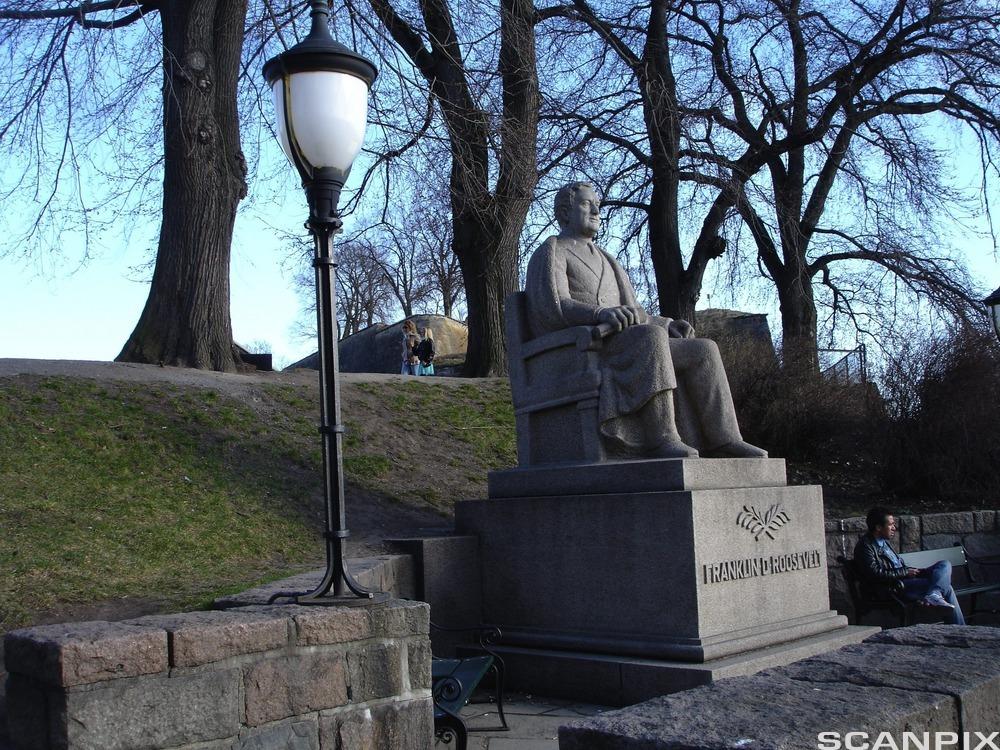
Quote no. 4 "Be sincere; be brief; be seated."
This president is inrrevocably associated with the Great Depression, the New Deal policy and World War II. A statue was erected in Oslo to commemorate this president. Who is it, do you think? The quote is presumed to be advice to his son about basic principles in a good public speech. Do you think he captures the essentials? What makes us remember the words?
Further Reading
So far, we have just studied the actual wording of quotes. To become an outstanding speaker, there is more to it. On this site you can study how these presidents' most memorable speeches are performed. American Presidents and the Art of Rhetoric.